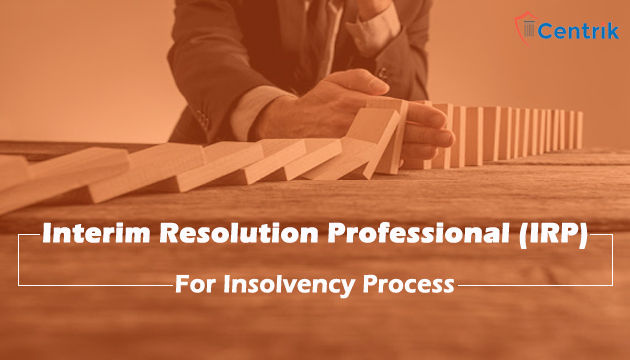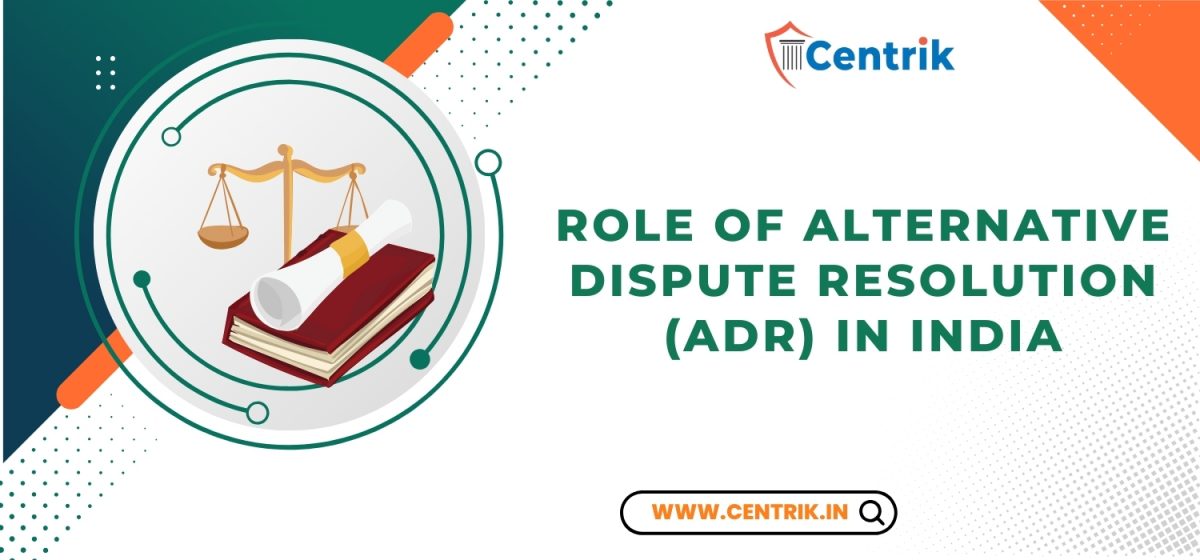
the Resolution Professional could have included their claims as liabilities to the Corporate Debtor in the Information Memorandum created in accordance with Regulation 36 of the Corporate Insolvency Resolution Process (CIRP) Regulations.

The resolution professional (RP), appointed under the Code, is at the heart of these endeavors and has the mandate to complete this process in a time-bound manner.

The resolution professional, as proposed respectively in the application under section 7 or section 10 of IBC, shall be appointed as the interim resolution professional under Section 16(2) of IBC, if no disciplinary proceedings are pending against him.

an Insolvency Professional having all the aforementioned requirements may be chosen as An IRP for the corporate debtor. However it may have an advantage over other IRP if the person had already dealt in that specific industry being an RP/IRP.

The officers and managers of the Corporate Debtor, shall report to Resolution Professional. They shall provide him all the documents or records as required by him in the course of his duties.

The IBC has clearly outlined the powers and duties of the resolution professional that he can exercise during the insolvency resolution process

In this article we have briefly discussed about how replacement of resolution professional as liquidator is carried out.

Detailed article about the management of affairs of corporate debtors by IRP and about their authority.

In this article we will elaborately discuss about an Interim resolution professional, his duties, eligibility and other aspects.
Securities and Exchange Board of India (SEBI) is working on the guidelines for insolvency resolution professionals under the capital market norms so the recently introduced Bankruptcy & Insolvency Code is implemented better. The new guidelines will be issued this year. Source: Times of India

Alternative Dispute Resolution (ADR) is a technique to resolve disputes and disagreements between the parties by arriving at an amenable settlement through negotiations and discussions. It is an attempt to establish an alternative mechanism other than the traditional methods of dispute resolutions.

The designation and subsequent empowerment of an Insolvency Professional (IP) within the framework of a Corporate Debtor entail an array of responsibilities primarily focused on the effective management of the corporate entity.

The government has introduced the pre-packaged insolvency resolution process (PPIRP) for MSMEs, which allows them to initiate an insolvency process with the approval of two-thirds of their creditors.

The claims filed/to be submitted by the workers of the appellant must be decided upon and taken into consideration by the Liquidator even if RP has not submitted the claims towards the wages/salaries as part of CIRP costs.

The Pre-Packaged Insolvency Resolution Process (PPIRP) mechanism have helped the MSMEs to a great extent in order to revive their operations as a going concern.















 join For Updates
join For Updates